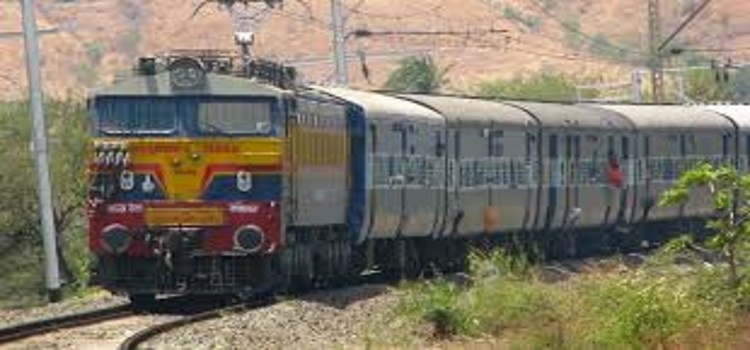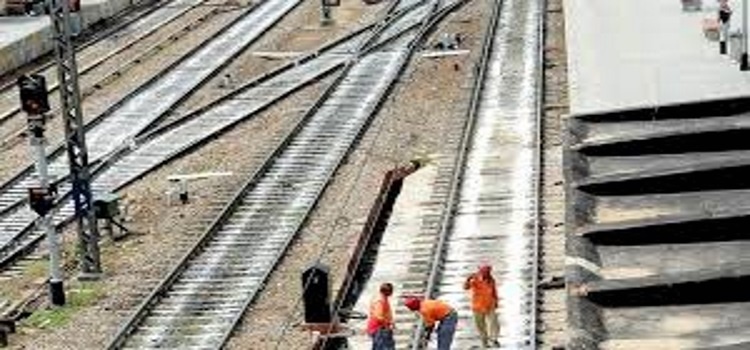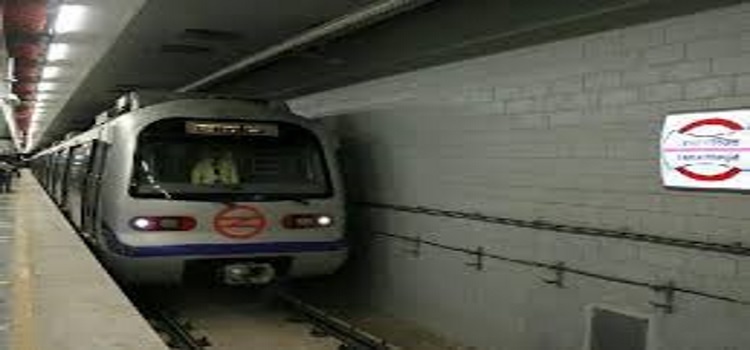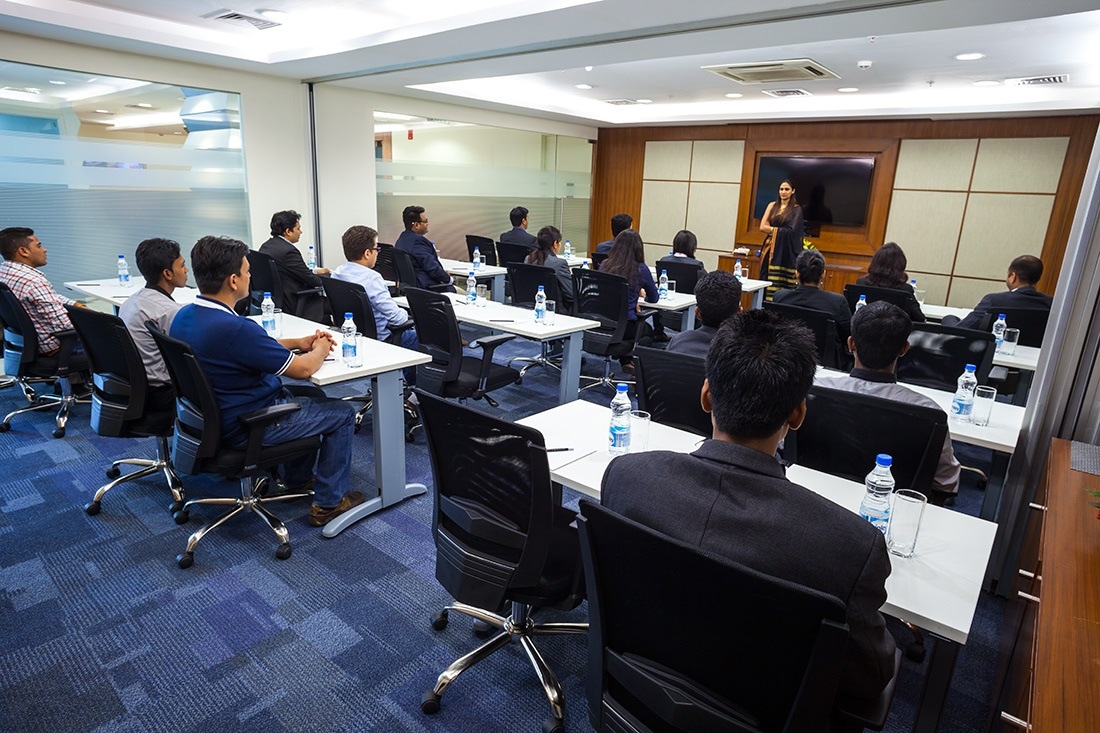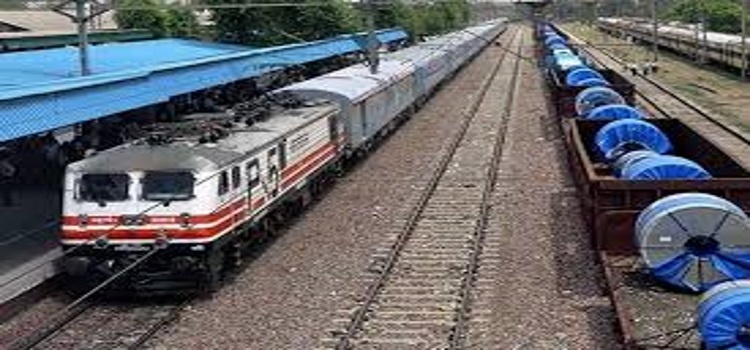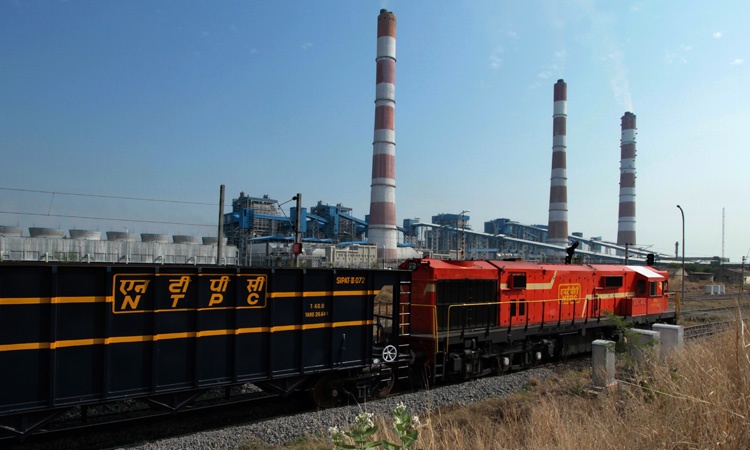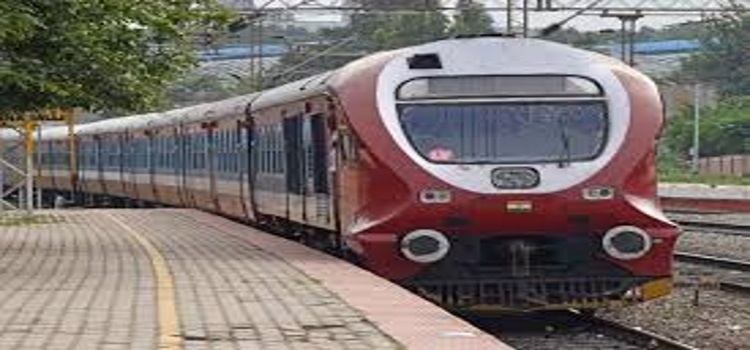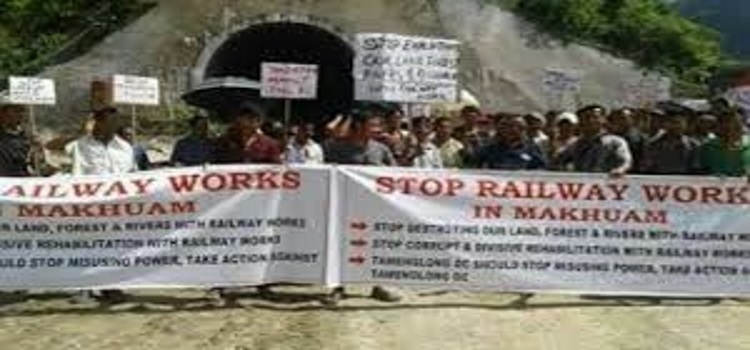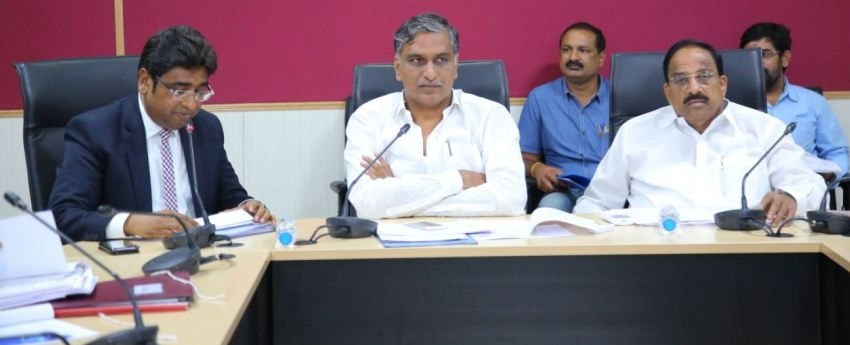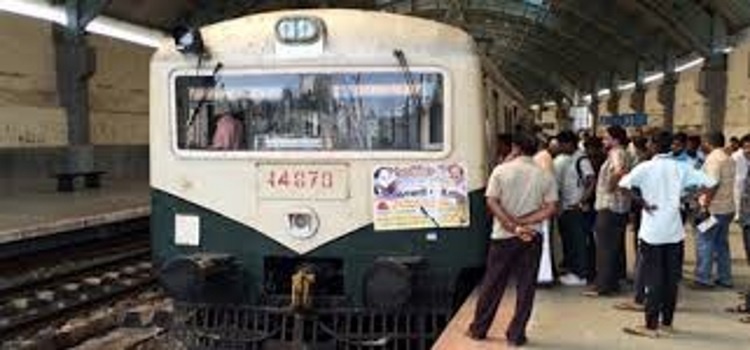
Due to Line Block to facilitate engineering works between Chennai Beach – Royapuram railway stations, changes will be made in the pattern of suburban train services on 17th & 18th February, 2018 as explained below.
A. The following suburban train services will be fully cancelled on 17th February, 2018.
1. MMC – Thiruvallur EMU local, scheduled to leave MMC at 09.30 hrs.
2. Velachery – Avadi EMU local, scheduled to leave Velachery at 10.15 hrs.
3. Velachery – Thiruvallur EMU local, scheduled to leave Velachery at 12.15 hrs.
4. MMC – Avadi EMU local, scheduled to leave MMC at 12.35 hrs.
1. Thiruvallur – Velachery EMU local, scheduled to leave Thiruvallur at 11.05 hrs.
2. Avadi – Velachery EMU local, scheduled to leave Avadi at 12.10 hrs.
3. Thiruvallur – MMC EMU local, scheduled to leave Thiruvallur at 14.40 hrs.
B. The following suburban train services will be fully cancelled on 18th February, 2018.
1. MMC – Thiruvallur EMU local, scheduled to leave MMC at 09.30 hrs.
2. Chennai Beach – Avadi EMU local, scheduled to leave Chennai Beach at 11.10 hrs.
3. Chennai Beach – Thiruvallur EMU local, scheduled to leave Chennai Beach at 13.05 hrs.
1. Thiruvallur – Chennai Beach EMU local, scheduled to leave Thiruvallur at 11.05 hrs.
2. Avadi – Chennai Beach EMU local, scheduled to leave Avadi at 12.10 hrs.
3. Thiruvallur – MMC EMU local, scheduled to leave Thiruvallur at 14.40 hrs.
C. The following suburban train services will be partially cancelled on 17th & 18th February, 2018.
- Velachery – PTMS EMU local, scheduled to leave Velachery at 12.55 hrs., will be partially cancelled between Velachery – Avadi. The train will run from Avadi to PTMS only.
- Thiruvallur – Chennai Beach EMU local, scheduled to leave Thiruvallur at 13.40 hrs., will be partially cancelled between Avadi – Chennai Beach. The train will run from Thiruvallur to Avadi only.
D. The following suburban train services will leave from MMC on 17th February, 2018.
1. Velachery – Tiruttani EMU local, scheduled to leave Velachery at 11.20 hrs., will instead leave from MMC at 12.15 hrs.
2. Velachery – Arakkonam EMU local, scheduled to leave Velachery at 13.35 hrs., will instead leave from MMC at 14.30 hrs.
3. Velachery – Sulurpeta EMU local, scheduled to leave Velachery at 13.55 hrs., will instead leave from MMC at 14.45 hrs.
E. The following suburban train services will leave from MMC on 18th February, 2018.
1. Chennai Beach – Tiruttani EMU local, scheduled to leave Chennai Beach at 12.10 hrs., will instead leave from MMC at 12.15 hrs.
2. Chennai Beach – Arakkonam EMU local, scheduled to leave Chennai Beach at 14.25 hrs., will instead leave from MMC at 14.30 hrs.
3. Chennai Beach – Sulurpeta EMU local, scheduled to leave Chennai Beach at 14.40 hrs., will instead leave from MMC at 14.45 hrs.
F. The following suburban train service will be diverted to MMC on 17th & 18th February, 2018.
- Kadambattur – Chennai Beach / Velachery EMU local, scheduled to leave Kadambattur at 12.05 hrs., will be diverted to MMC.
G. Passenger special suburban train service from Avadi to PTMS.
- A passenger special suburban train service from Avadi to PTMS will leave Avadi at 14.20 hrs. and reach PTMS at 14.40 hrs.
CHANGES IN PATTERN OF SUBURBAN TRAIN SERVICES – IN CHENNAI – ARAKKONAM SECTION
Due to Line Block and Power Block to facilitate engineering works between Thiruvallur – Kadambattur in Chennai – Arakkonam section, changes will be made in the pattern of suburban train services on 16th & 17th February, 2018 as explained below.
A. The following suburban train services will be dealt on fast line from Thiruvallur to Arakkonam and will not stop at Senji Panambakkam railway station.
1. MMC – Arakkonam EMU locals, scheduled to leave MMC at 08.20, 09.10 & 11.05 hrs.
2. MMC – Tiruttani EMU locals, scheduled to leave MMC at 10.00 & 11.45 hrs.
3. MMC – Kadambattur EMU local, scheduled to leave MMC at 12.00 hrs.
B. The following suburban train services will be dealt on fast line from Thiruvalangadu to Thiruvallur and will not stop at Senji Panambakkam railway station.
1. Arakkonam – MMC EMU locals, scheduled to leave Arakkonam at 08.55, 10.50 & 12.00 hrs.
2. Arakkonam – Avadi EMU local, scheduled to leave Arakkonam at 11.20 hrs.
3. Tiruttani – Velachery EMU local, scheduled to leave Tiruttani at 08.50 hrs.
4. Tiruttani – MMC EMU local, scheduled to leave Tiruttani at 09.40 hrs.
5. Kadambattur – Velachery EMU local, scheduled to leave Kadambattur at 12.05 hrs.
6. Kadambattur – MMC EMU local, scheduled to leave Kadambattur at 13.40 hrs.
